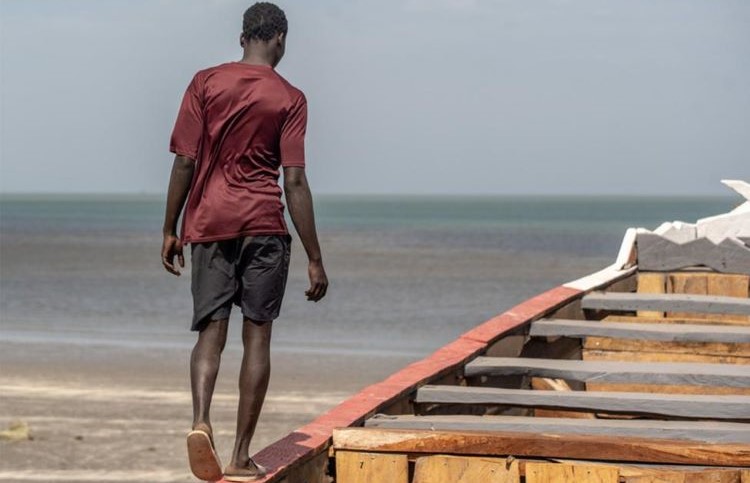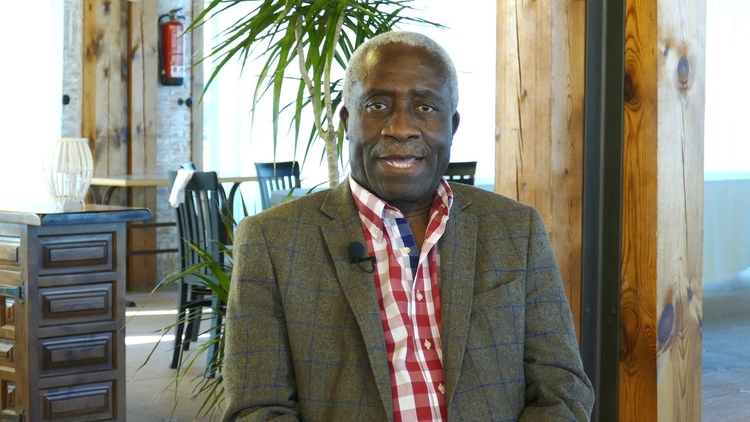The Diplomat
Last November 25, the agreement between the Spanish Ministry of Interior and the International Organization for Migration (IOM) came into force for the implementation of projects of assisted voluntary return and reintegration from Morocco for migrants in vulnerable situations and for the support to the Spanish authorities in the management of migration flows to Spain.
The agreement was signed last November 23 in Madrid by the Minister of the Interior, Fernando Grande-Marlaska Gómez, and the IOM head of mission in Spain, María Jesús Herrera. According to the agreement, the Ministry undertakes to provide financial support to the IOM (which is part of the United Nations system) for the implementation of assisted voluntary return and reintegration and integrated border management projects, as published last week in the Official State Gazette (BOE).
According to the text, Morocco is a country of emigration, transit and destination for thousands of migrants, mainly from sub-Saharan countries. Migrants fleeing poverty, lack of opportunities and increased violence in their countries continue to arrive in Morocco with the aim of finding their way to Europe and, from 2019 to date, more than 15% of the deaths of irregular migrants recorded at sea occurred on the Western Mediterranean route.
Apart from that, the number of irregular migration attempts to Europe has doubled since 2016 and migrants are seeking more dangerous routes, for example, the crossing to the Canary Islands via the Atlantic. Until July 2022, 9,046 individuals arrived in the Canary Islands irregularly after crossing by boat from the coasts of West Africa, a 28 percent increase in arrivals compared to the same period in 2021. Another important migratory trend is the unprecedented overland arrival of some 9,000 migrants, mostly Moroccans and including 1,500 children between the ages of seven and 15, to the Spanish enclave of Ceuta between May 17 and 19, 2021.
According to Interior, these numbers are likely to increase due to the volatile humanitarian and security situation in Libya and the socio-economic impact of the COVID-19 pandemic. Since March 2020, Morocco has taken several preventive measures to limit the spread of the virus, but despite the travel and movement restrictions in place, migrants continued to arrive in Morocco. Around 20,000 migrants, mostly from sub-Saharan countries, are currently stranded in Morocco and living in dire humanitarian conditions, with several migrants relying on the informal sector weakened by the economic impact of the health crisis.
Moroccan authorities have taken important initiatives to respond to migration-related challenges in the country, such as the regularization of more than 50,000 migrants between 2014 and 2017. However, for most of these stranded migrants, a safe and dignified return to the country of origin is the only durable solution to their current situation. The number of requests for voluntary return of migrants in vulnerable situations has steadily increased in recent years and in the midst of the coronavirus pandemic. For example, IOM Morocco has registered 3,000 return requests each year since 2015. In response, IOM organized 1,733 voluntary returns from Morocco in 2017, 1,508 in 2018, 1,370 in 2019, 789 in 2020 and 1,915 in 2021 (until September 2021) despite mobility restrictions due to the pandemic.
The project
The objective of this project is therefore to contribute to improving the migration management system through protection and assistance to migrants. To this end, Spain and IOM will assist Morocco in managing the assisted voluntary return and reintegration of up to 250 vulnerable migrants.
The Spanish contribution, by providing pre-departure, departure and reintegration assistance to migrants stranded in Morocco, will complement other programs managed at the local and regional level, notably the EU-IOM Joint Initiative for the Protection and Reintegration of Migrants in North Africa and the Cooperation on Migration and Partnerships for Sustainable Solutions (COMPASS) Initiative. This project will also complement the migration system in Morocco and reduce the gaps in migratory pressure on Morocco and subsequently on Europe.
The project implements “three key actions”: the first action is to “respond to the immediate needs of identified beneficiaries” through return counseling and vulnerability screening, the provision of medical assistance and fitness to travel to 250 migrants and support in cash or vouchers, and food and non-food items to 250 migrants. The second aims to “organize a safe and dignified return” by providing transportation services, a cash grant on the day of departure, and the purchase of airline tickets on commercial airlines for 250 returnees. The third “key” action is “supporting returnees towards sustainable reintegration in their countries of origin” by providing a tailor-made reintegration grant to 25 returnees. The standard financial assistance for reintegration will be 1,400 euros per adult and 700 euros per child in the family unit.







